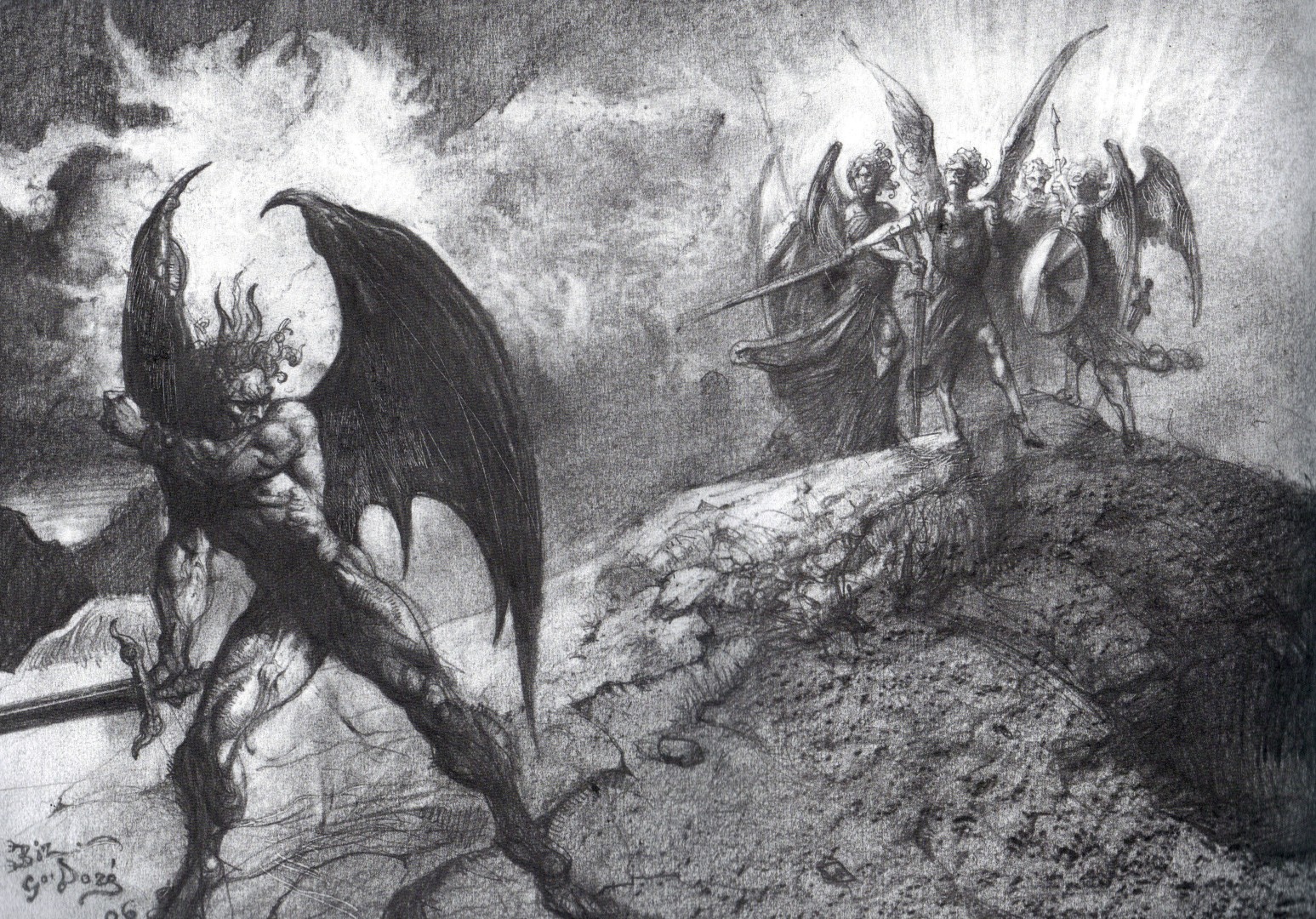Who controls Us
Since the dawn of time, mankind has attempted to figure out whether or not they can control their lives or if some higher power dominates our existence. With that came various religions, explaining the creation of the world and answering the following questions: why we make decisions and mistakes we did? Is there life after death? What happens or where do we go? Traditions passed and with the rise of a modern society, people are now eager to know how much truth are in them. Yet a question still remains, how do we respond to the external powers?
Greek drama stemmed from religious rituals; the play Oedipus the King is a prime example of life having a predestined end and whatever one does; the gods still have the final say. For fear of the prophecy coming to pass, Jocasta ordered Oedipus be killed as a baby. Although ordered to “make away with it” (Sophocles 1242), the herdsman somehow “pitied it and thought that he could send it off to another country” (Sophocles 1245). These rare alternate paths could be pure coincidence or a step closer to the fulfillment of prophecy. A drastic decision to kill the baby somehow kept the outcome, unchanged. Despite strong resistance from man, the gods are at work. Oedipus then desperately tried to escape his fate by leaving Corinth where his supposed father ruled. He thought he triumphed against the prophecy saying, “he’s dead and I stand here who never laid a hand on spear against him” (Sophocles 1029-1030) referring to the King of Corinth. Ironically, he leaves Corinth and fulfilled the prophecy by killing his real father. Oedipus recognized that “it was Apollo” (Sophocles 1403) who made him commit all his actions. A once proud king “who all men called great” (Sophocles 6) was a helpless blind man that cried, “I’m hated by the Gods” (Sophocles 1587). Why was this his destiny? No one knows and that’s what makes this tragic.
While we make choices that could change lives, or would it? Or will God prevail? The world’s best-selling book translated in over 250 languages; the Bible has made much of mankind realize that indeed God is in control. For believers, the many parables and stories reveal inner truths about humanity and obedience to God. In the book of Exodus, baby Moses barely escaped death until found by Pharaoh’s daughter, “he became her son” (Exodus 2:10). The decree of the Pharaoh, that all Hebrew baby boys where to be killed, “if you see the baby is a boy, kill him” (Exodus 1:16). Moses was destined to lead as God said, “so now go” (Exodus 3:10) free the Israelites from the bondage of slavery. Oedipus and Moses are similar in ways, as an infant, they were both very close to death, but avoided it. Another is how their names originated. Oedipus got his, because of his bound feet and Moses got his from where he was found, “She named him Moses, saying, I drew him out of the water” (Exodus 2:10). Oedipus tried to escape his fate by leaving Corinth, it failed. Moses on the other hand, embraced his, with obedience to God and conquered it.
In the book Paradise Lost by John Milton, I witness the consequences when challenging God. There is a new form conflict in heaven that Satan and his advocates had with God. It’s a given fact that God created heaven and He rules. Lucifer could not accept that. This also occurs in Exodus where the Pharaoh refuses to acknowledge God and free the Israelites, “who is this Lord that I should obey” (Exodus 5:2). The stakes are higher due to the power the fallen angels possess. “Matchless but with the Almighty-and that strife” (Milton 622). “Satan exalted sat by merit raised” (Milton book II 5), to set himself equal to God and his armies presumably comparable to God’s. A sign of arrogance, much like many kings, this overconfidence is his weakness. Yet with their power and courage as stated “was not inglorious, though the event was dire” (Milton 623) Satan failed and was cast into the lake of fire. His overconfidence was his weakness. In Oedipus and Paradise Lost stories, both suffered from trying to go against fate or God’s will, that is inevitable. “By my advice; since fate inevitable Subdues us, and omnipotent decree” (Milton book II 196-197). By fate the evil one will suffer and can’t fight God due to His omnipotence. It was their destiny to fail in their fight for heaven, much like it was Oedipus’s destiny to kill his father. John Milton provides us readers, imaginary glimpse of what could be going on above much like a canon to the Bible. Whether in heaven or earth, no matter how much power one possesses, fate or the will of God cannot be altered, and it was demonstrated in Oedipus the King, the Bible, and Paradise Lost.
Even if these were mere stories, they all have a moral with regards with the higher power. Could all this be a human concept to create some sort of order in our society? We are all given the free will of choice. One can choose to ignore their fate or accept the higher power controlling their lives. I chose to accept that God is to be honored and obeyed. It might be different for others. This by no means suggests that one is better than the other. That’s what makes up a diversified world. The question of God’s existence, the belief in fate and how one should respond will still be a mystery, as one tries to figure out what really their purpose in life is.




Comments
Post a Comment